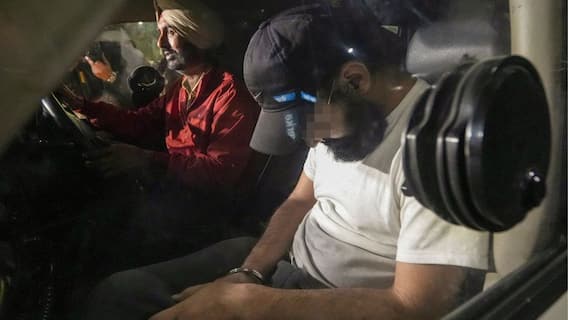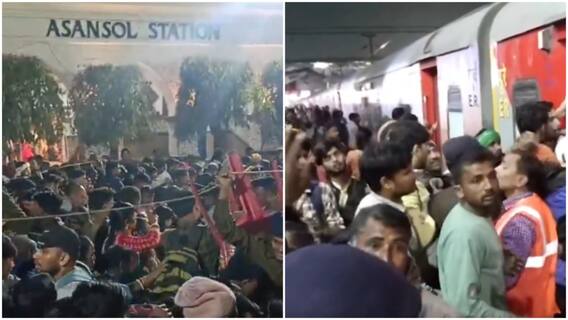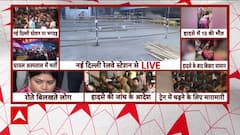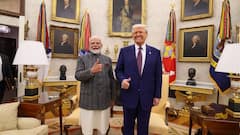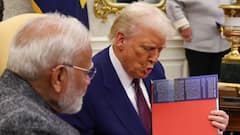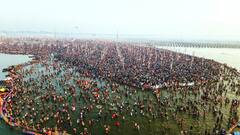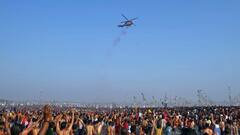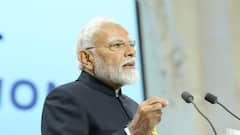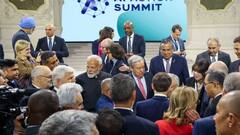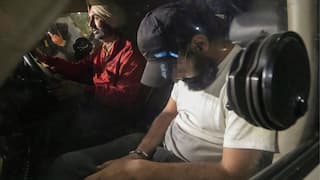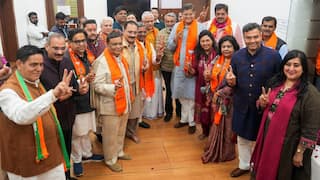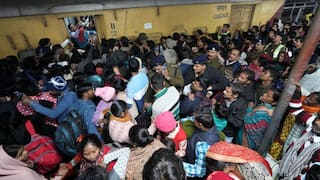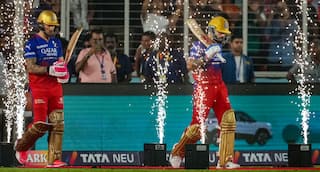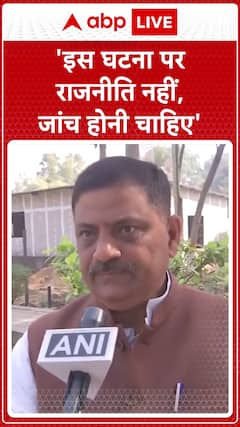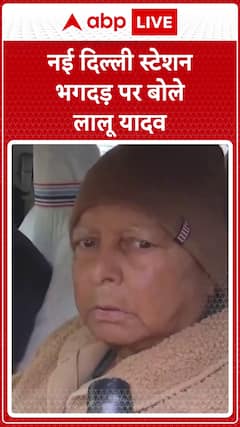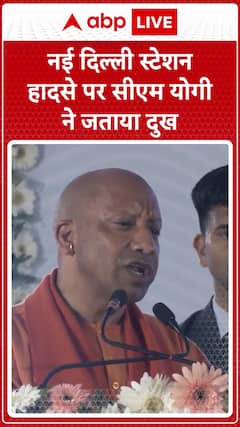SC Seeks Centre's Response To Pleas On Criminalisation Of Marital Rape. Here Is A Timeline Of The Case
A bench of Justices Ajay Rastogi and BV Nagarathna issued notice to the Central government seeking its response on the matter and said it will hear the petitions in February 2023.

New Delhi: The Supreme Court on Friday sought the Centre's response to the petitions following the split verdict of the Delhi High Court on the issue of criminalisation of marital rape.
According to reports, a bench of Justices Ajay Rastogi and BV Nagarathna issued notice to the Central government seeking its response on the matter and said it will hear the petitions in February 2023.
It is to be noted that the Delhi High Court on May 11 had delivered a split verdict on the issue of marital rape. One of the judges had favoured striking down the exception in the law that grants protection to husbands from being prosecuted for non-consensual sexual intercourse with their wives and the other refusing to hold it unconstitutional.
However, both the judges had concurred with each other for granting the certificate of leave to appeal to the apex court as it involves substantial questions of law.
Justice Rajiv Shakdher, who headed the division bench of the high court, had favoured striking down the marital rape exception, saying it would be tragic if a married woman's call for justice is not heard even after 162 years since the enactment of the Indian Penal Code (IPC).
Justice C Hari Shankar, who was part of the high court's division bench, said the exception under the rape law is not unconstitutional and was based on an intelligible differentia having a rational nexus with the object of the exception as well as section 375 (rape) of the IPC itself.
Timeline of events:
2015:
- NGO RIT Foundation petitioned the Delhi High Court and challenged the legality of the 'marriage exception' in the rape law.
- Hearing began in the case.
- The high court issued a notice to the Centre and Delhi government.
2016:
- Centre filed an affidavit taking the stand that marital rape cannot be criminalised as it would have a negative impact on Indian society.
2017:
- All India Democratic Women's Association (AIDWA) and Khushboo Saifi, a marital rape survivor, filed petitions.
- Centre filed an affidavit opposing the pleas submitted by petitioners, stating that marital rape cannot be made a criminal offence as it could become an example that may "destabilise the institution of marriage".
December 2021:
- After years of remaining adjourned, the hearing in the case resumed.
2022:
January:
- The Centre filed written submissions in the high court stating that criminalisation “could open the floodgates of litigation” and false allegations.
February:
- The Centre told the high court that it was “re-looking” at its earlier stand on petitions seeking criminalisation of marital rape.
- The government also stated that it had begun consultations with all states and various stakeholderssince a stand cannot be taken on the issue without consultation.
- Delhi High Court reserved its verdict and asked the Centre to take a stand on the issue.
May:
11 May 2022
- A division bench of two judges of the Delhi high court delivered a split verdictin petitions seeking to criminalise marital rape.
- The bench had reserved its orders in petitions that challenged Exception 2 (Article 375) (February 21, 2022)
- Justice Rajiv Shakdher - favoured criminalisation of 'marital rape'
- Justice C Harishanker - opposite conclusion.
- The matter moves to the Supreme Court.
Background
- An over 150-year-old provision in Indian Criminal Law (still) protects husbands from marital rape charges
- Over the past five decades, with the rise of the anti-rape movement, many countries have criminalised marital rape.
- India remains among the 30-odd nations where marital rape is not criminalised
- According to a UN Women report, most of these countries were developing nations, including Pakistan, China, Bangladesh, Myanmar, Sri Lanka, Haiti, Laos, Mali, Senegal, Tajikistan and Botswana.
- In India, forceful sexual intercourse by a man with his wife isn’t rape unless the wife is under 18 years of age
- Provision - Exception 2 to Section 375 of the Indian Penal Code.
- Exception 2(section 375) - Sexual intercourse or sexual acts by a man with his own wife, the wife not being under eighteen years of age, is not rape
- According to 5thNational Family Health Survey (NFHS-5) - Over 29% of Indian women reported spousal violence (physical and /or sexual violence)
(With inputs from Amod Singh)
Trending News
Top Headlines











